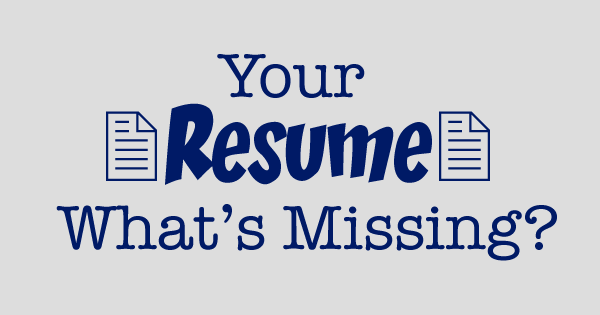
The most basic considerations when it comes to writing a resume are what to put in it and what to leave out.
Your contact info is more than just name and address
You’ll obviously include your name, address, email address, and phone number in your contact info. But, depending on the content, you may also want to include the URLs to your website or blog. (If your blog is highly personal and not relevant to your professional life, then you’ll probably want to skip it.)
A recent trend among some job seekers is to include the URL of their LinkedIn profile. It might not be a bad idea to include your LinkedIn info at the top of your resume, depending on what your profile looks like and how relevant it is to the job you’re applying for. This is particularly true if you’ve carefully fashioned your profile and have received outstanding reviews from those familiar with your work.
Remove street addresses
Almost every resume includes the names of the companies where an applicant has worked and job titles there, along with the city and state where each organization is located. Omitting the street addresses from your resume will provide you with a cleaner-looking document.
All Education Counts
Use a separate section of your resume to include your education. If you took classes but did not graduate from college, this can be indicated by including the total number of college credits you’ve received.
Earn that interview with skills and accomplishments
Now on to your skills and accomplishments, the most important part of your resume. Use this section to sell your talents and persuade prospective employers that they should interview you.
Use numbers to enhance your achievements
You need to clearly show employers the kind of positive results they can expect if they hire you. Just listing what you do is not enough – you really need to show the results of your hard work by increasing your job description. Including these results can make the difference between a good resume and a great one.
Numbers are powerful indicators of your talents and it’s important to use them when describing your accomplishments.
For example, maybe you effortlessly handled 35 accounts at a time as an account executive. Or perhaps you were a non-profit manager who wrote grant proposals which generated more than $500,000 in annual support. Look back over these sentences without the numbers to see for yourself the important change that numbers can make.
You might also include the numbers of years you were employed by a company or in a certain type of job. An example of this might be, “Over 20 years’ experience designing innovative brochures, flyers, advertisements, and direct mail pieces for advertising agencies and in-house marketing departments.”
These basic resume components will help bring you one step closer to earning those all-important interviews.
